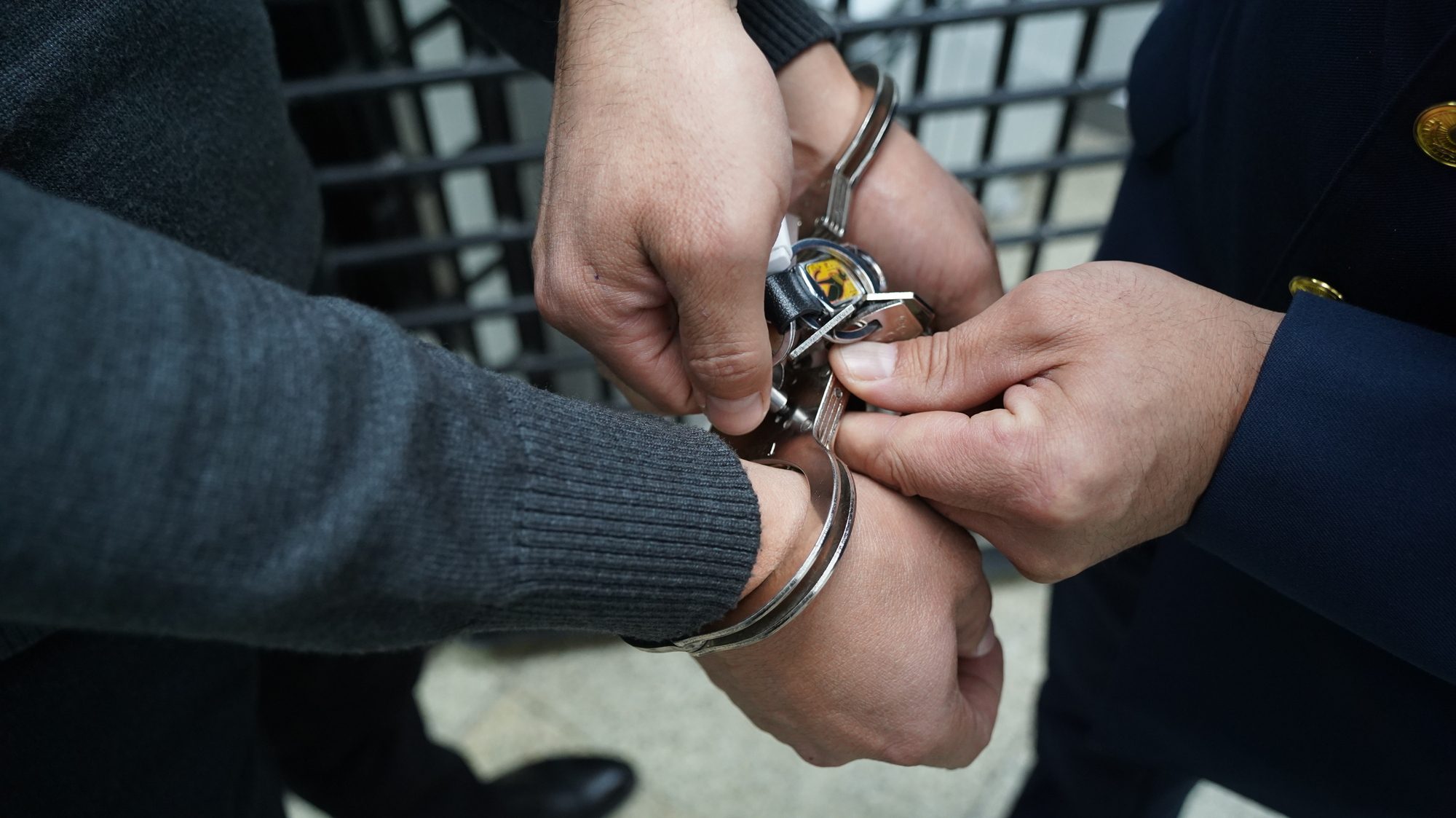SINGAPORE: In a concerning trend, the number of arrests related to providing accommodation or employment to immigration offenders in Singapore surged by 31.6% in the first nine months of 2024 compared to the same period in 2023.
Official data from the Immigration and Checkpoints Authority (ICA) revealed that 166 individuals were arrested for harbouring immigration offenders, while 138 were detained for hiring them.
Immigration offenders rising
According to a Straits Times report, most of those caught were Singaporeans, and many of the offenders were foreign workers whose permits had expired or been cancelled.
Instead of leaving the country as required, these individuals overstayed their visas and, in many cases, worked illegally during their extended stay.
ICA officials have expressed concern over the growing number of such incidents, highlighting the security risks posed by immigration offenders.
Inspector Mark Chai, deputy head of ICA’s intelligence division, emphasized the potential dangers of this trend. He warned that when employers and landlords fail to ensure the legality of their foreign workers or tenants, it can create opportunities for illicit activities.
“These offenders may resort to crimes such as smuggling contraband, selling illegal cigarettes, or even engaging in prostitution,” he said.
Aggressive ICA crackdowns
To address the issue, ICA has ramped up its operations, conducting nearly 60 intelligence-led raids monthly, focusing on individuals overstaying in Singapore.
ICA noted that the duration of stay allowed for foreign nationals varies depending on the type of pass held. For example, a work permit can last up to two years, after which workers may be issued a short-term visit pass.
If a work permit is expired or cancelled, the individual must leave the country or risk becoming an immigration offender. In many cases investigated, relatives, friends, or employers were found to have provided lodging to foreign nationals for financial gain.
Superintendent Goh Wee Kiat of ICA’s intelligence division explained that some individuals claimed to have overlooked the immigration status of their tenants, while others failed to follow up after the foreigner’s pass expired.
Illegal overstaying and harbouring offenders are both punishable
One such case involved a 43-year-old Chinese national caught overstaying in Singapore. He had paid $450 a month to his harbinger for accommodation in Toa Payoh after his work permit expired in October 2023.
The person harboring him was fined $3,000, while the overstayer was sentenced to six weeks in jail and three strokes of the cane.
Another significant case occurred in September 2024, when ICA raided a food stall in Toa Payoh and discovered a Chinese national, identified as S1, working there.
Despite having overstayed since 2022, S1 had been employed by the stall owner—who was in a personal relationship with the offender. ICA officers also found that S1 had been paying rent to another individual in Geylang, who had failed to check his immigration status.
S1 was sentenced to 14 weeks in jail and three strokes of the cane, while his employer received a 12-month conditional warning, and the person harboring him was fined $3,500.
Supt Goh reinforced the importance of verifying immigration status, stating that ignorance is no excuse. “We have made the channels for verification clear, and everyone must do their due diligence,” he stressed.
The ICA continues to crack down on individuals who harbor or employ immigration offenders, with penalties including up to 24 months in jail, fines of up to $6,000, or both.
With arrests on the rise, the ICA’s vigilance remains critical in safeguarding Singapore’s security.
Featured image by Depositphotos (for illustration purposes only)

